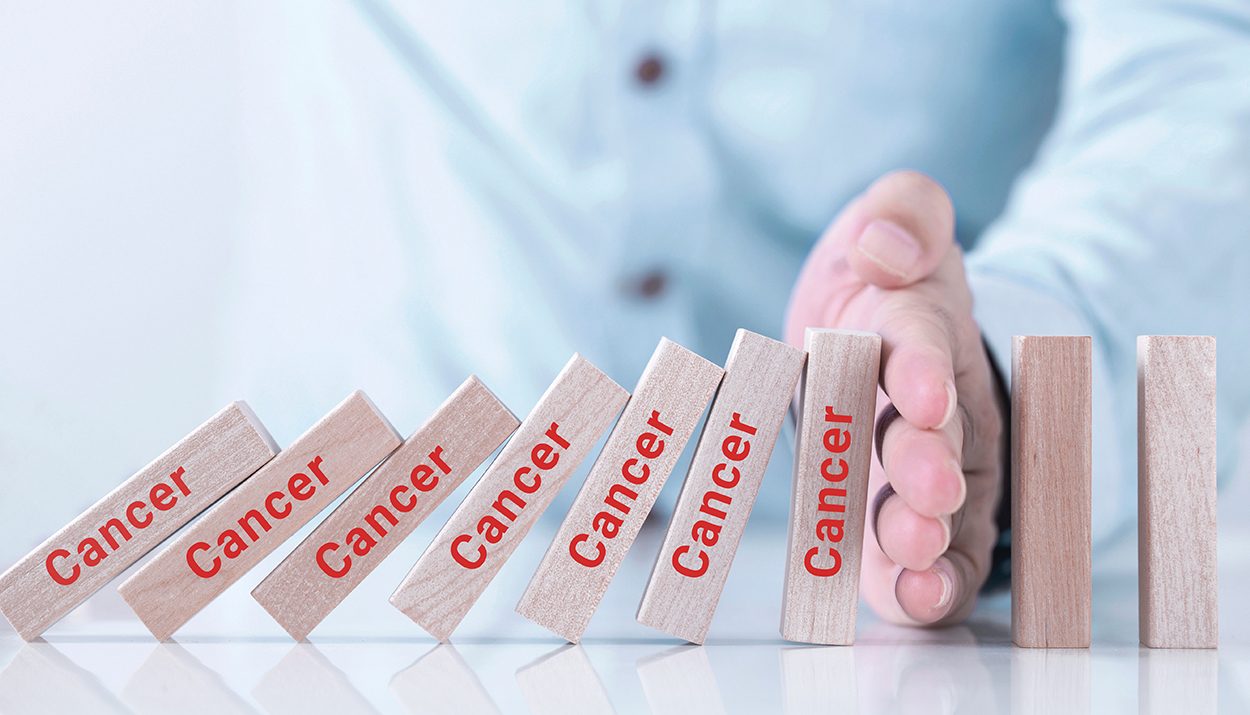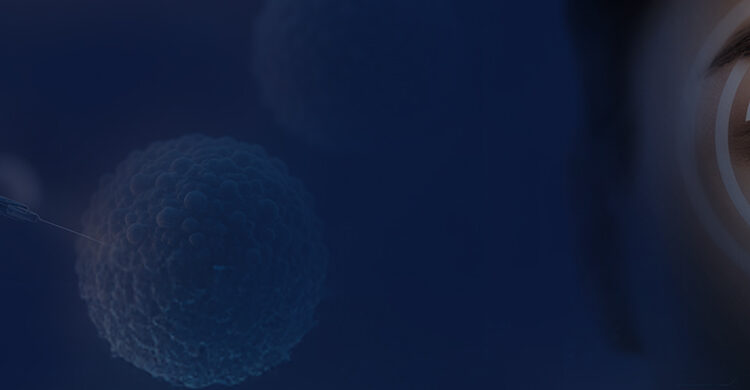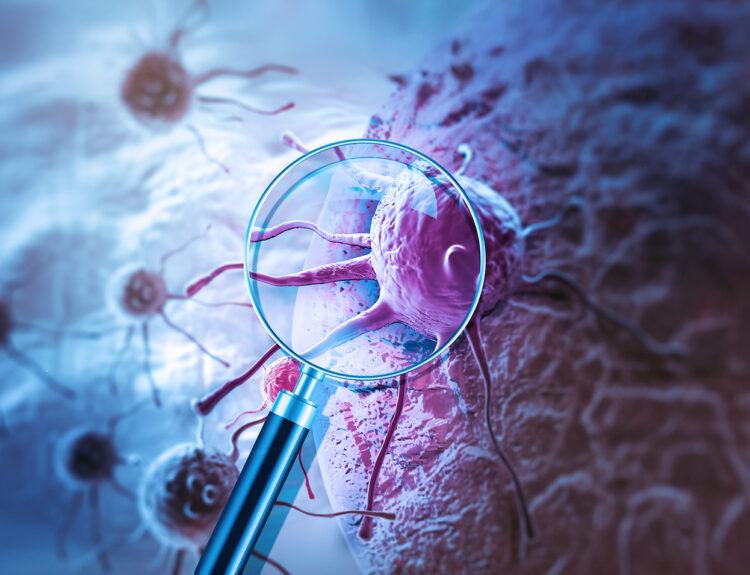In healthcare, the deficiency in cancer awareness emerges as a formidable obstacle to achieving the pinnacle of patient care standards. Physicians, positioned at the forefront, confront the profound repercussions of pervasive ignorance that cast an ominous shadow over the collaborative efforts to combat cancer. The pervasive lack of awareness introduces nuanced challenges, prompting a meticulous examination of its impact on the comprehensive healthcare spectrum.

This blog will delve into the intricacies of the domino effect initiated by the lack of knowledge about the importance of cancer awareness, shedding light on its multifaceted consequences within the healthcare landscape.
UNDERSTANDING THE DOMINO EFFECT
Cancer awareness is integral to healthcare, operating as a crucial component interwoven within its dynamics. Acting like a domino in a chain reaction, it significantly influences patient outcomes. Ignorance, subtly yet potently, propels the deficiency in awareness, initiating a perilous cascade of consequences.
This domino effect permeates critical facets of cancer management, spanning prevention, early detection and the efficacy of treatment interventions. The interconnectedness of these elements highlights the importance of cancer awareness as a foundational pillar in addressing the challenges posed by cancer within the formal contours of the healthcare landscape.
HOW LACK OF AWARENESS FOMENTS DANGEROUS COMPLACENCY
The lack of awareness among patients in the context of oncology fosters a dangerous complacency that can have profound consequences. When patients are unaware of crucial information about their condition, potential risks and the importance of timely interventions, they may develop a false sense of security. This complacency can lead to delayed medical consultations, neglect of preventive measures and compromised treatment adherence.
To bridge the divide, physicians must actively engage in fostering a culture of open dialogue with patients, ensuring transparent discussions about diagnoses, treatment options and potential outcomes. Providing accessible educational resources tailored to individual patient needs and leveraging technological advancements for timely information dissemination are imperative steps. Moreover, physicians can champion collaborative efforts within the medical community, participating in interdisciplinary discussions and knowledge-sharing platforms to collectively enhance patients’ understanding of the importance of cancer awareness.
Continual refinement of communication practices, integration of innovative technologies and a commitment to shared knowledge empower physicians in their mission to close the awareness gap among cancer patients. Through these concerted efforts, physicians play a pivotal role in not only improving patient outcomes but also elevating the overall quality of care in the dynamic field of oncology.
INADEQUATE RESOURCES FOR RESEARCH AND EDUCATION
The domino effect of ignorance casts a far-reaching shadow, extending beyond individual beliefs to shape the very allocation of societal resources. A critical facet of this impact is evident in insufficient funding for cancer education and research. As prevailing awareness levels influence societal priorities, the lack of understanding of the complexities of cancer often results in a disheartening inadequacy of financial support.
This shortage of funding perpetuates a distressing cycle of ignorance, as it limits the scope and effectiveness of initiatives aimed at disseminating crucial information about cancer. Education, awareness campaigns and community outreach programs struggle to achieve their full potential due to resource constraints. Consequently, the vital dissemination of information ranging from understanding risk factors to promoting early detection methods is hampered.
CANCER IGNORANCE: WHO ARE AFFECTED THE MOST

Ignorance about the importance of cancer awareness disproportionately impacts marginalized communities, deepening existing health disparities. Limited access to healthcare, cultural barriers and a lack of educational resources amplify the effects, leading to higher cancer rates, later-stage diagnoses and reduced survival rates.
In these communities, systemic challenges hinder access to crucial healthcare resources, with cultural nuances and limited education exacerbating the impact. The consequences include elevated cancer incidences and diminished chances of survival, emphasizing the need for targeted interventions.
Addressing cancer disparities requires not just raising awareness but dismantling systemic barriers, fostering cultural competence and ensuring equitable distribution of educational resources. Only through comprehensive efforts can we mitigate health disparities stemming from cancer ignorance in marginalized populations.
PHYSICIANS’ CONTRIBUTION TO BREAKING THE DOMINO EFFECT
A holistic approach is imperative to disrupt the domino effect and foster greater cancer awareness. Here are some steps for Oncologists across the globe on ‘how to spread awareness about cancer’:
- Design Education & Outreach Programs
Comprehensive educational programs targeting schools, workplaces and communities can raise awareness about cancer risk factors, symptoms and preventive measures. Incorporating cancer education into school curricula and workplace wellness initiatives is essential.
- Take De-stigmatization Initiatives
Efforts to promote open conversations about cancer must be intensified. Destigmatization initiatives can dispel myths, reduce fear and encourage individuals to share their experiences, fostering a supportive environment for those affected by the disease.
- Promote Accessible Healthcare
Advocacy for improved access to healthcare services, especially in underserved communities, is crucial. This includes initiatives to address cultural barriers, enhance health literacy and ensure that early detection and timely treatment are accessible to all.
Recognizing the pivotal role of ‘awareness’ as a catalyst for change, MDForLives is launching a proactive initiative this World Cancer Day. We are featuring case studies on success stories driven by patient cancer awareness from adept oncologists skilled in bridging communication gaps. Our goal is to highlight the profound impact informed patient awareness can have.
Physicians with success stories, here’s your chance to make a meaningful impact! Share your impactful case studies by February 10, 2024, contributing valuable insights to bridge the awareness gap and earning $100 for sharing your experiences. Click to submit case studies of your success stories now and earn $100!
CONCLUSION
The domino effect of ignorance surrounding cancer is a pervasive challenge that demands a comprehensive and sustained response. By dismantling this cascade through education, destigmatization and improved access to healthcare, physicians can collectively build a society that is well-informed, supportive and better equipped to face the challenges posed by cancer.

MDForLives is committed to elevating healthcare standards and as a healthcare professional, you play a crucial role in making this mission a reality. Join us and receive a $10 joining bonus upon registration, redeemable after completing a survey. Seize the opportunity to be part of a community dedicated to enhancing patient care and contributing to positive change in the field of oncology.
Register now to make a difference!
References:
- Chance, ignorance, and the paradoxes of cancer
www.link.springer.com - Marginalized communities get sicker than anyone else, according to new cancer research
www.prismreports.org - Impact of stigma and stigma-focused interventions on screening and treatment outcomes in cancer patients
www.ncbi.nlm.nih.gov - Lack of Awareness of Cancer and the Efficacy of Therapy Undermines Africa’s Cancer Control Efforts
www.thinkglobalhealth.org

The creative force behind the keyboard, Pallabi crafts narratives of healthcare wonders and research marvels. As a seasoned professional blogger, she ventures to unearth the riches of medical innovation, weaving them into insightful stories that educate.





